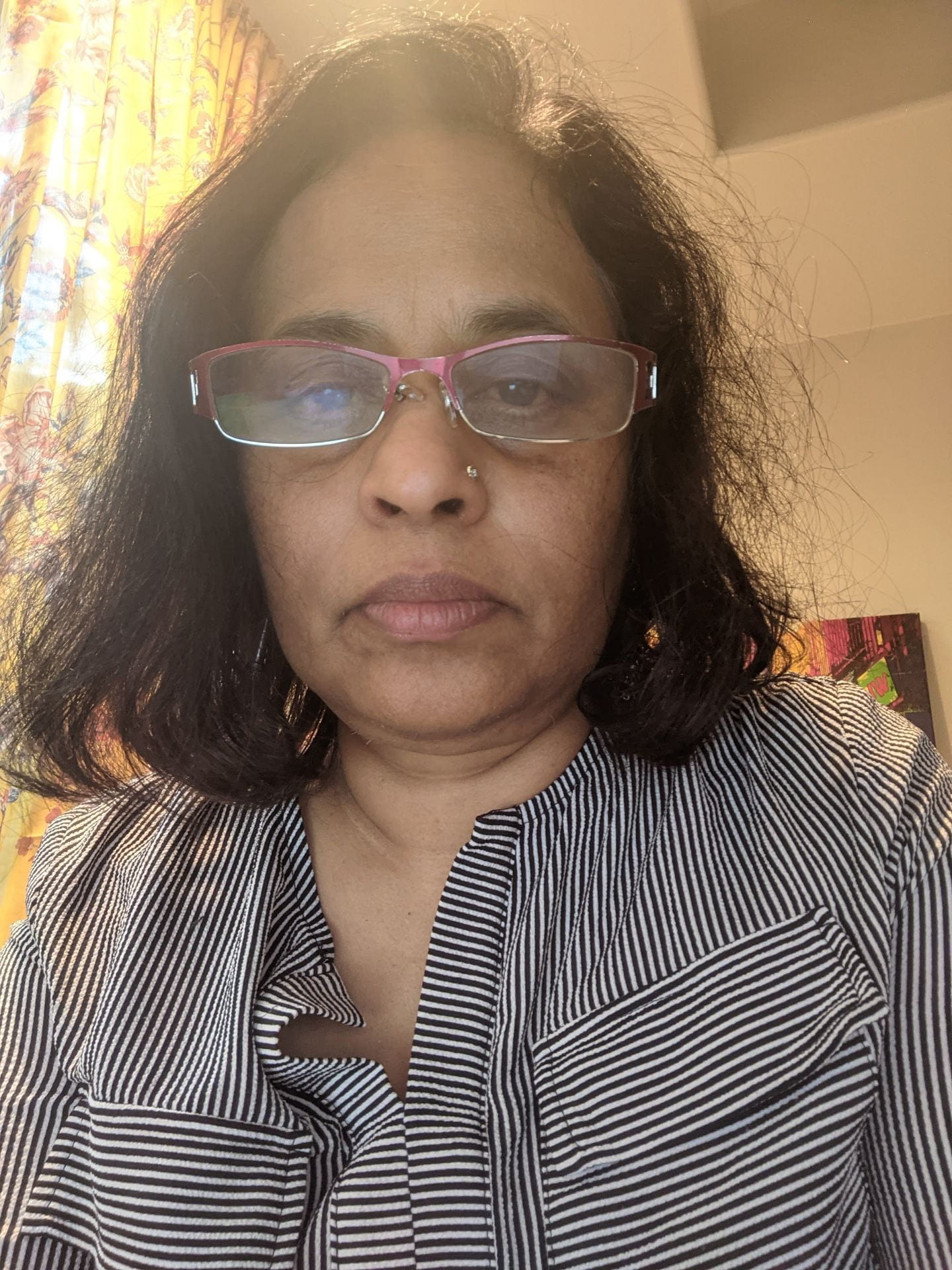By: Paola Quintanilla, Graduate Student Leader and Social Media Specialist, School of Social Work
Duc-Trung Tong is a recipient of the Public Behavioral Health MSW Training Program. Check out what Trung has to say about his experience!
“Hello! My name is Duc-Trung Tong. I go by just Trung. My pronouns are he/him/his, and I am currently in my final year of my MSW with the Online/Hybrid program.
I am currently interning with Gardner Health Services in San José. The specific program I am assigned to is the Forensic, Diversion, and Reintegration (FDR) program which is a full-service partnership (FSP) program that provides intensive mental health and substance use treatment to individuals in the criminal justice system. In the past two months, I have had many new experiences working in behavioral health, as the bulk of my work in this internship requires direct services in the community with my clients. Compared to my employment which is based in an outpatient substance use treatment program, I work with clients in some of the most vulnerable times of their lives. Whether clients are recently released from incarceration or emergency psychiatric services (EPS), I am pushed to provide much-needed case management and therapeutic services to ensure success in their reintegration back into their communities. I believe the skills I will continue to grow will prepare me for many situations and environments in my career in behavioral health.
The Public Behavioral Health Program (PBH) aligns with my goals and aspirations in the field of behavioral health. Years before applying to the MSW program, I hoped to eventually earn the Licensed Clinical Social Worker (LCSW) credential to provide therapeutic services in mental health and substance use for underserved communities in Santa Clara County. The PBH program not only supports me financially in paying for my college tuition but will also provide me with the training to expand my scope of practice and clinical skills.
My goal post-graduation is to work towards earning the LCSW and continue working in a public-funded community-based organization. I also plan on advancing my current credential in substance use to become a Licensed Advanced Alcohol and Drug Counselor (LAADC). With the dual credential and specialization in substance use, I hope to contribute to advancing the field of substance use as the professionals and field as a whole have been historically under-appreciated compared to solely mental health professionals. Furthermore, my overall goal is to rewrite the narratives of formerly incarcerated individuals as I will join the small number of therapists who have been impacted by the criminal justice system.
The stipend has validated the existing goals and purpose I have of serving my community. I feel honored to be chosen as one of the final candidates and will continue dedicating myself to the path I envisioned many years ago.”
Training sites include publicly-funded behavioral health programs in community clinics, outpatient and residential treatment programs, inpatient psychiatric units, schools, SELPAs, regional centers, inpatient and outpatient health care settings, child welfare units, juvenile delinquency programs, and adult corrections settings, among others. Specialized training content will focus on preparing students for the realities of public behavioral health practice and emphasize the coordination and integration of services provided to adults, children, and families through multiple systems of care.







